Occupied Jerusalem, MINA – An additional grant of $3.75 million was allocated by the World Bank to the ongoing West Bank and Gaza COVID-19 Emergency Response.
The additional financing will continue to support the Palestinian Authority’s response to the threat posed by the COVID-19 pandemic while ensuring continuity of essential health services and contributing to long-term resilience, according to a World Bank press release.
The grant will be contributed from the Health Emergency Preparedness and Response (HEPR) Multi-donor Trust Fund administered by the World Bank. It is a flexible mechanism for rapid financing to support countries and territories to improve their capacities to prepare for, prevent, respond to, and mitigate the impact of epidemics on populations, WAFA reported.
“COVID-19 continues to pose a high risk of morbidity and mortality, as well as a burden to healthcare systems. Due to low capacity of testing in the Palestinian territories, the number of COVID-19 cases are underestimated. Still, the numbers of new infections reported daily continue to reach new highs. The additional financing will support the original project by providing immediate response to COVID-19, but also contributing to long-term resilience,” said Kanthan Shankar, World Bank Country Director for West Bank and Gaza.
Also Read: UNRWA Urges Entry of Shelter Aid into Gaza
Beyond strengthening the overall healthcare services and clinical capacity in immediate response to COVID-19 under the framework of the parent project, the new grant focuses on procuring supplies and equipment that could be utilized to promote resilience to future pandemics and health shocks. These include medicines for the treatment of health emergencies and chronic conditions as well as emergency medical devices and equipment including defibrillators, vital-signs monitors, emergency trolleys, patient beds, mobile blood banks, ultrasound machines, generators, and more.
The operation will also seek to reduce limitations to access to healthcare experienced by rural and marginalized communities. For instance, women in remote areas often find it difficult to access health services due to distance to health facilities and lack of transportation. Mobile clinics financed through the additional financing will ensure equitable access to quality care for populations that are often left behind.
The World Bank will continue to strengthen resilience and pandemic preparedness in the health system through technical and operational engagement with the Ministry of Health and other partners in the sector, said the press release.(T/R3/RE1)
Mi’raj News Agency (MINA)
Also Read: Heavy Rains Flood Tents, Deepen Misery for Displaced Palestinians in Gaza





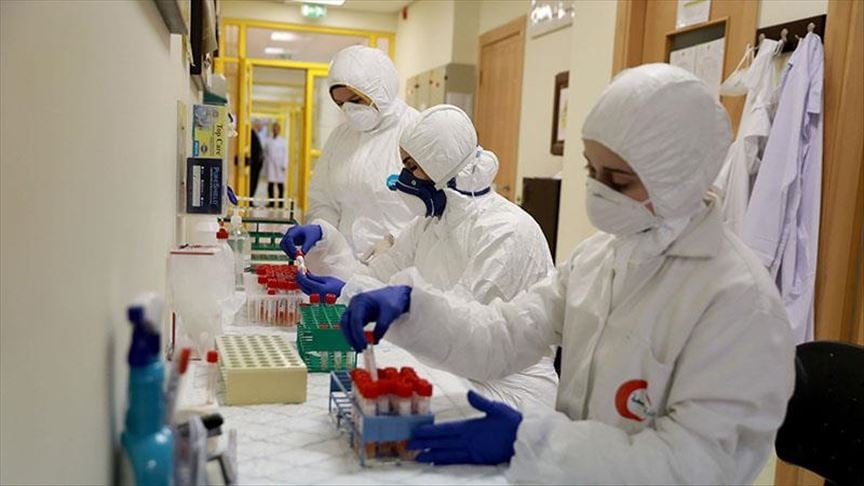


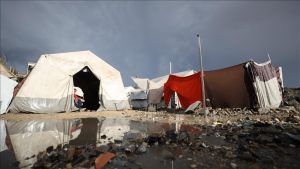
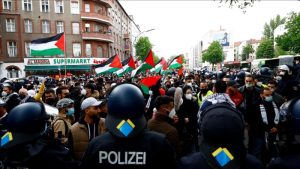
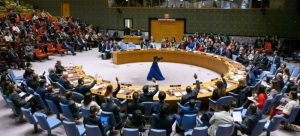

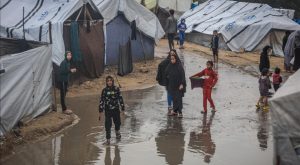
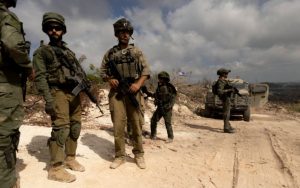
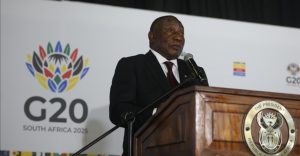


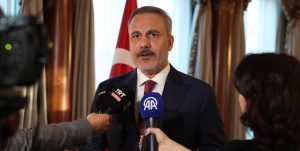








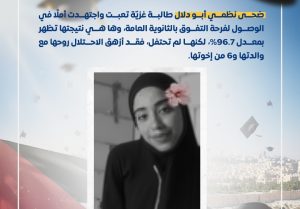
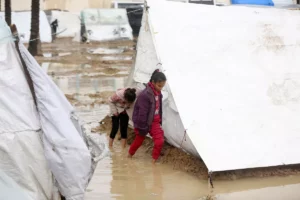




 Mina Indonesia
Mina Indonesia Mina Arabic
Mina Arabic